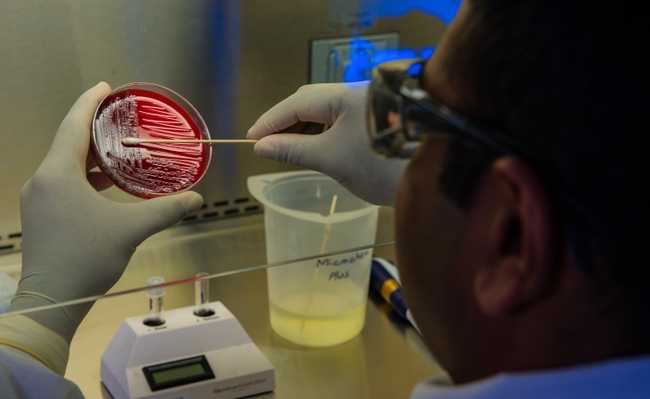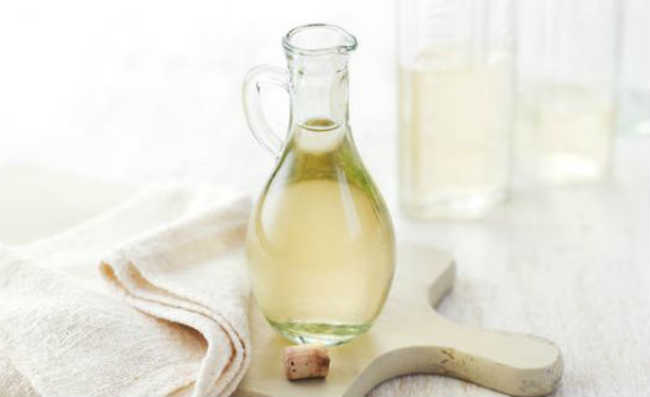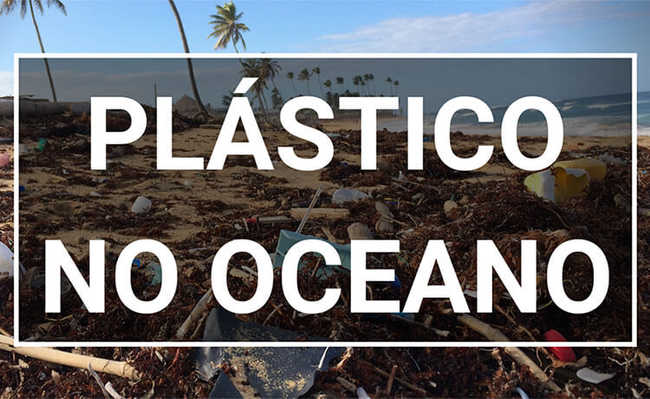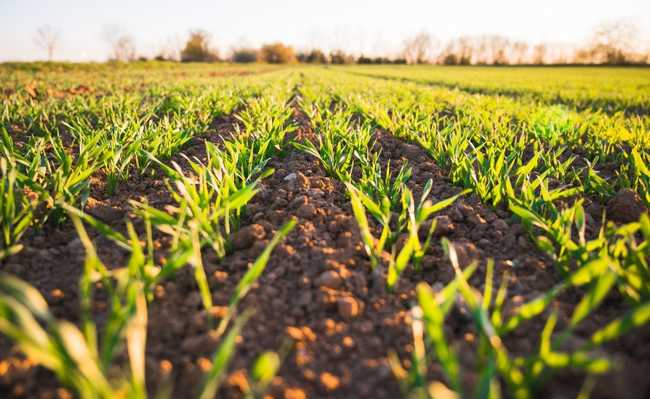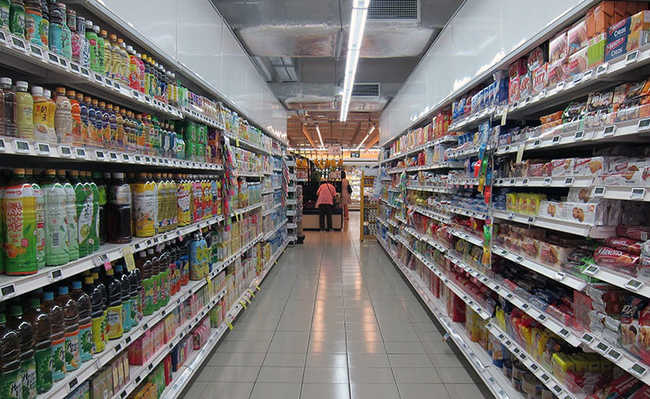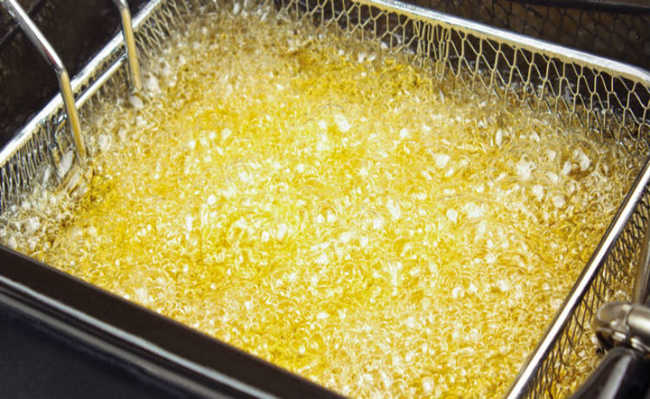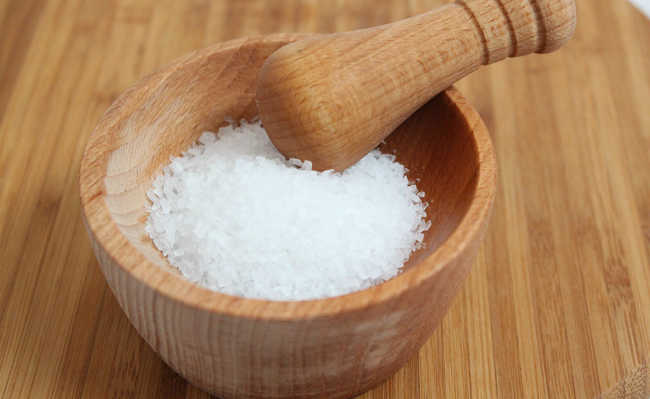What are organic foods?
Understand what they are and learn about the advantages of consuming organic foods

Edited and resized image by Daiga Ellaby, is available on Unsplash
Organic food is produced free of any type of artificial input. In addition to pesticides, chemical fertilizers, veterinary drugs, hormones, antibiotics, Genetically Modified Organisms (GMOs) and transgenics are not present in organic food.
- What are the differences between genetically modified and transgenic organisms?
They are considered healthier for the environment and for human food. Organic food comes from agricultural systems based on natural processes, which avoid damaging the soil and eliminate the use of pesticides and fertilizers at harvest. The techniques used to obtain organic food include the use of organic compost for fertilization and crop management - in which a plant helps in the development of another crop or prepares the soil for a later crop.
Agroecology and its different forms in which it presents itself is a form of scientific and traditional knowledge that is strongly opposed to the use of transgenics. Learn more about it in the article: "What is agroecology?".
- What is organic agriculture?
How to identify organic food
Look for the SisOrg seal (Brazilian Organic Conformity Assessment System):
Why consume organic food
Taste is a personal preference. However, there are certain criteria, determined by "tasters", which claim that organic foods have more "taste" than foods produced by the conventional system. There is also the assertion that organic products are richer in nutrients, in addition to the advantage of being less contaminated by pesticides.
Depending on where you are, it may not be so easy to find organics, but you can always look for a vegetable garden on the outskirts of your neighborhood or city, encouraging small producers and local businesses, or team up with friends to create an urban or revitalize an abandoned square with the cultivation of organic food. Understand this theme in more depth in the article: "Organic urban agriculture: understand why it's a good idea".
- What are pesticides?
Does not use transgenics or GMOs
There is the controversial issue of genetically modified organisms being more resistant to pests and having an accelerated growth. However, the issue is controversial and it is still not possible to categorically affirm the safety of these foods for the human body, which goes against the Precautionary Principle provided for by law. On the contrary, reality shows that transgenics are used to increase plant resistance to pesticides (which have been proven to be harmful to health, especially for women), without increasing human resistance. This makes the feed produced from transgenics, which will be ingested by the animals, which will be consumed in the form of meat and other animal derivatives; and the direct ingestion of these foods, such as transgenic soy, are a significant and growing source of agricultural toxics. This harms not only consumers, but also workers and the entire environment and its fauna, including bees, which pollinate 70% of the food consumed by humanity and essential for the maintenance of human life on Earth (learn more about this theme in the article: "The importance of bees for life on the planet"). All of this makes transgenics and the use of pesticides a vicious cycle, which only benefits people who are profiting from it, without bringing real benefits to society, which has seen the production potential (fertility) of their soils fall each time most. In addition, the trophobiosis theory states that the increased use of fertilizers and pesticides are the main causes of the appearance of pests.
Increases soil fertility, does not generate waste and produces food with more nutrients
Organic agriculture consists of enriching and protecting the soil with organic matter, therefore, harvesting and native vegetation complement each other. In organic production, future generations can enjoy the land and its benefits, as this type of crop nourishes the soil, instead of decreasing its fertility, as happens in conventional farming. Organic fresh food has a lower water content in its composition when compared to conventional food (20%). That means the nutrients are more concentrated. Just like sugar, which is why the flavor is stronger. Vitamins are also found in higher levels: organic tomatoes contain 23% more vitamin A than conventional ones.
- Healthier and more nutritious, organic foods are great options
It is an excellent option for cities
Organic urban agriculture is an excellent alternative for food supply in cities. It reduces the distance between food production and final consumption, in addition to being healthier compared to products from conventional agriculture. Learn more in the video:A little of history
Organic farming is not a fad. It was already used by several traditional societies for thousands of years, which managed to maintain themselves, mainly in Latin America, before the Spanish colonization decimated a good part of these societies, such as the Inca.
In India, Hindu peasants do not use chemical fertilizers, but use different methods to recycle organic materials, and they manage to keep their production that way.
If you've read the article so far and had your conscience awakened by this very relevant topic of organic foods, start doing your part, even if it's little. Check the addresses of organic food fairs throughout Brazil. And for those who don't have time to go to the market, there is an online fair service. You can also start your own garden or organic food production and support small family farmers and public policies that benefit them. Discover the first steps to make your organic garden in the video:


